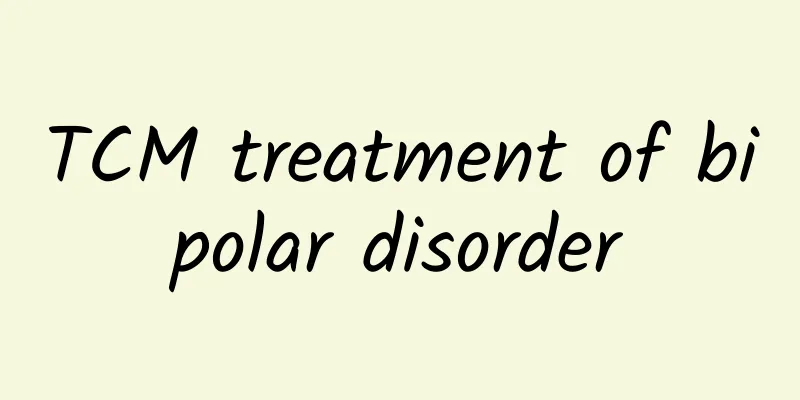What is functional language disorder?

|
As the name suggests, language disorder means that the human body has certain problems in speaking or expressing itself. It is currently a more complex research topic in the medical community. Language disorders can be roughly divided into two types. One is congenital, which is generally caused by family genetic diseases or brain nerves; the other is acquired, when the human brain is exposed to some external stimulation, which can be adjusted and improved through psychological counseling. The brain is a complex system, or it can be said to be a very sophisticated information processing machine. It processes a large amount of information every day, the most important and largest of which is language information. When there is an obstacle in the brain processing of language information, we will not be able to communicate normally using language and language barriers will occur. Language disorder refers to a language problem in which hearing, intelligence, and interpersonal communication are normal, but the ability to understand, express, and apply language deviates from normal. Common symptoms of language disorders are mainly of the following types. 1. The age of speech development in children with speech delay may vary from person to person. Generally, those who still cannot speak at the age of 2 are classified as having speech delay. Hearing impairment is a common cause, or it may be related to incomplete brain development, mental retardation, brain trauma, etc. In mild cases, the child's ability to express himself/herself is lower than that of children of the same age, or the vocabulary used is not appropriate for his/her age. When the condition is serious, the child cannot speak. 2. Dysphonia is mostly caused by central motor nerve dysfunction or peripheral muscle disease, such as syringomyelia and myasthenia gravis, which cause spasms, paralysis or ataxia of the muscles of speech organs such as the tongue and soft palate. It is characterized by slow, labored, and unclear speech, but there are no defects in sentence structure. 3. Speech difficulties often occur in cerebrovascular accidents, craniocerebral trauma, sequelae of encephalitis, etc., and their clinical characteristics are defects in speech expression ability or receptive ability. The former is manifested as the inability to express one's wishes in words or sentences, while the latter is often manifested as the inability to understand what others say. Patients often suffer from symptoms such as loss of orientation, swallowing difficulties, and incontinence. 4. Aphasia is a speech dysfunction caused by brain lesions. When diseases such as brain abscess, cerebral thrombosis, brain tumor, etc. invade the speech center of the temporal lobe of the brain, it may cause aphasia. Motor aphasia causes expression disorders, inability to say what one wants to say, and expression of one's wishes through gestures, but without difficulty in speaking. Sensory aphasia is a disorder of comprehension, inability to remember words and vocabulary, but normal speaking ability. 5. Difficulty in speech formation: Due to cleft palate, enlarged tongue, short frenulum, poor occlusion, etc., the speech is unclear and the pronunciation is inaccurate. Neurological diseases, hearing impairment, bad vocal habits, etc. can also cause the disease. In mild cases, only some words are not pronounced correctly, such as dental and retroflex consonants, which does not affect the intelligibility of speech. For patients with severe illness, many words are unclear and what they say is difficult to understand. 6. Stuttering is an abnormal speech rhythm, which often occurs during the period of speech development in children. The cause of the disease is unknown, but it may be related to the brain's lack of coordination in controlling the speech organs, incorrect imitation, genetics and other factors. It often manifests as difficulty in pronouncing the first word, interrupted sentences or repeated intonation, resulting in unfluent speech. Those with more serious conditions may frown, have facial muscle twitches, swing their arms, etc. when speaking, and are often nervous when speaking. |
<<: What are the cephalosporin anti-inflammatory drugs?
>>: What to do if lung function decreases
Recommend
What causes a burning sensation in the throat?
A burning sensation in the throat is generally co...
Is hair loss caused by kidney deficiency?
More and more people suffering from hair loss cho...
Is red ginseng hot or cold?
Chinese medicine talks about the four properties ...
What are the benefits of Chinese medicine cupping? What should I pay attention to?
Cupping therapy has a long history in China. Cupp...
What to do if you have pharyngitis and keep coughing? An old Chinese doctor teaches you how to stop coughing due to syndrome differentiation
Pharyngitis is a common disease. In addition to t...
What are the benefits of human sweating
Whenever summer comes, people are reluctant to st...
Can diabetics eat gluten? What should they pay attention to?
The diet of diabetics is completely different fro...
What tests should be done for blood in men's urine?
I believe that many boys have experienced hematur...
There is a soft bag on the lumbar spine
Many people will find that a soft lump has inexpl...
Is it okay to stop taking Chinese medicine for a few days?
When taking Chinese medicine to treat a disease, ...
What is the disease of pain in tendons and tendons all over the body?
Pain in the meridians throughout the body is gene...
The causes of hemorrhoid bleeding need to be understood by type
Hemorrhoids are anorectal disease that most peopl...
How to ventilate your nose when you have a cold
Although a cold is not a serious illness, once it...
What is the emergency treatment for acute pulpitis?
Acute pulpitis develops quickly and is very painf...
What are the benefits of Korean steam rooms?
As Korean steaming becomes more common in life, p...









